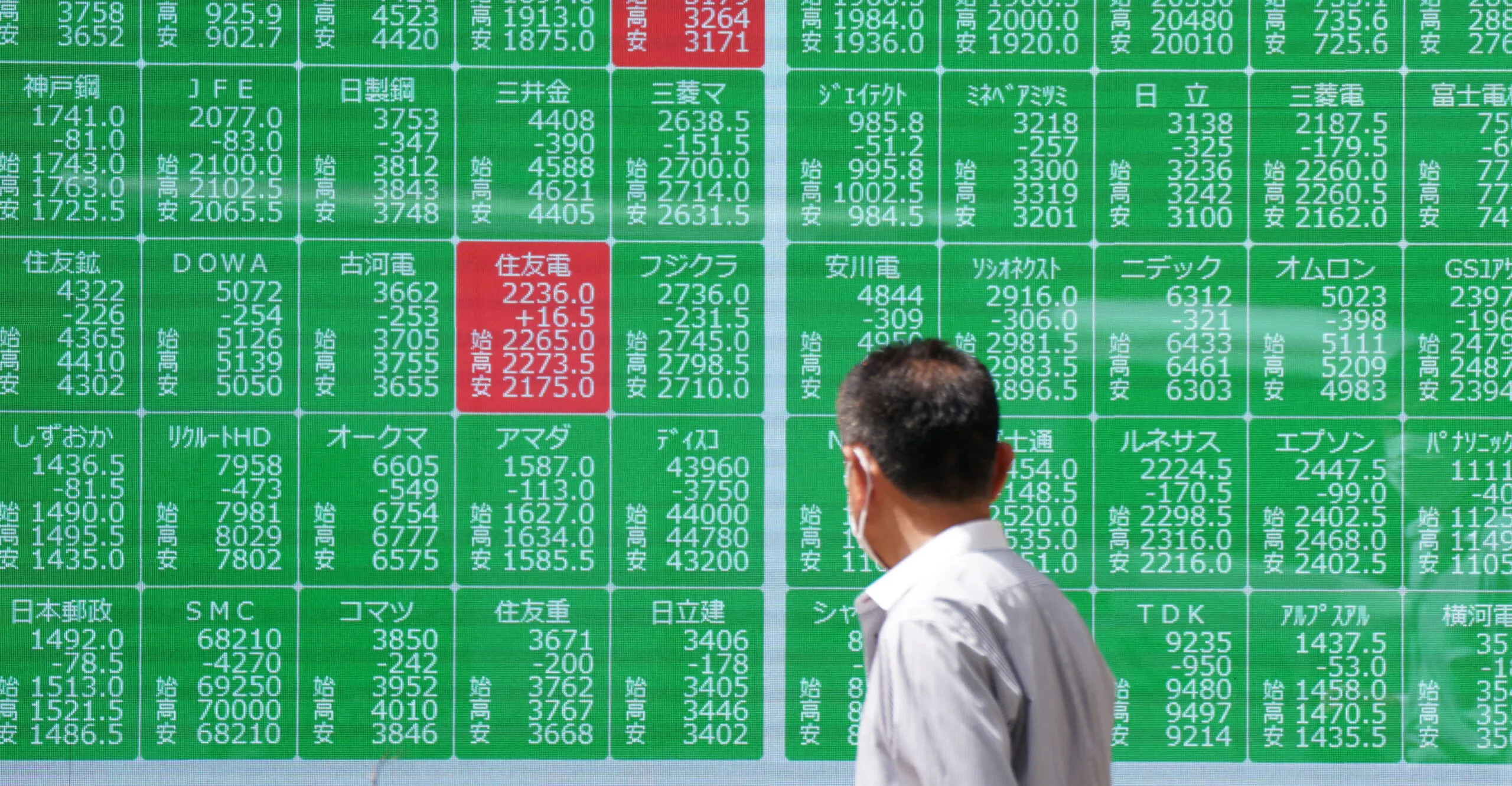Understanding the Implications of Japan's Stock Market Collapse

Unprecedented Market Decline
In just two days, Japan's stocks faced a historic decline that shocked investors worldwide.
Carry Trade Dynamics
The collapse is attributed to the intricate workings of the carry trade, which has been influencing market stability.
- The two-day drop was worse than the Black Monday crash of 1987.
- Analysts warn of potential long-term effects on the economy.
- Investors are urged to reassess their strategies due to increased market volatility.
Consequences for Investors
As the situation develops, it is vital for stakeholders to remain vigilant and adapt their approaches to navigate through this turbulent period.
In summary, the events surrounding Japan's stock market collapse highlight the need for careful monitoring and strategic adjustments in investment tactics.
This article was prepared using information from open sources in accordance with the principles of Ethical Policy. The editorial team is not responsible for absolute accuracy, as it relies on data from the sources referenced.